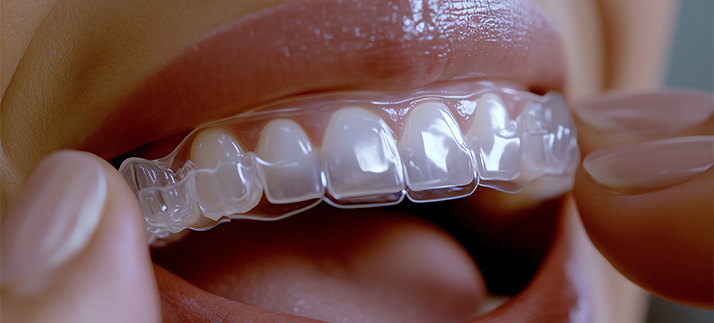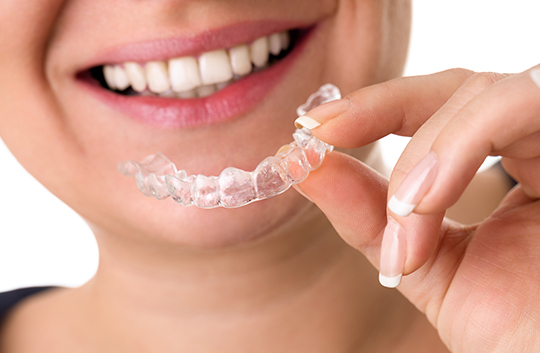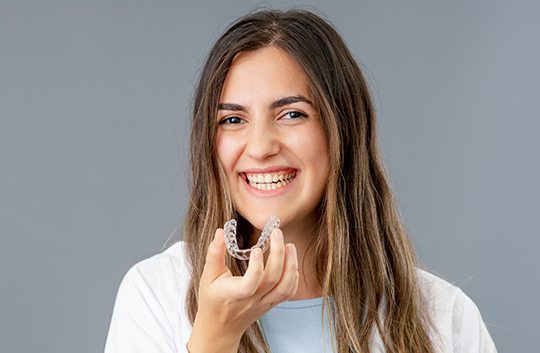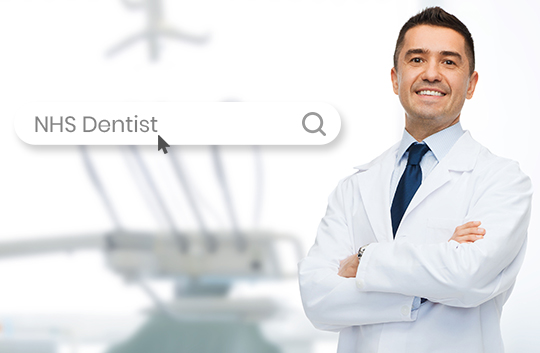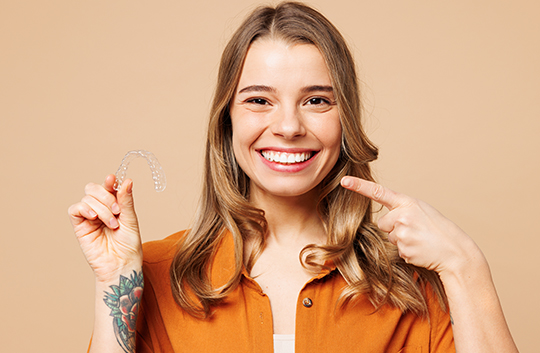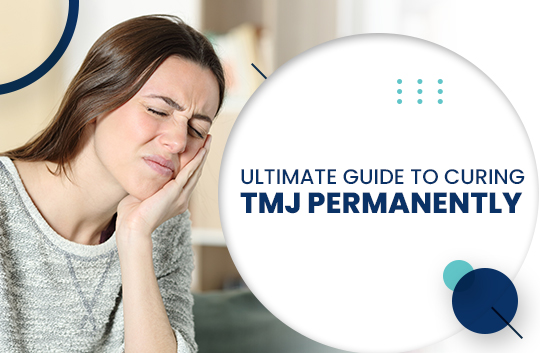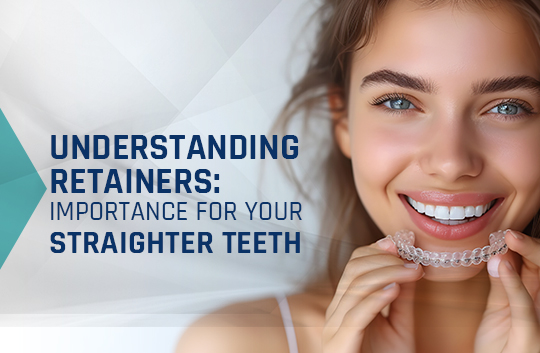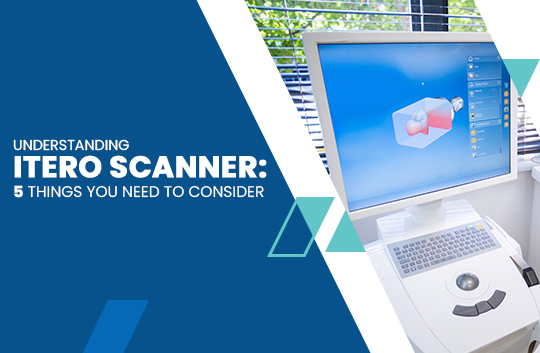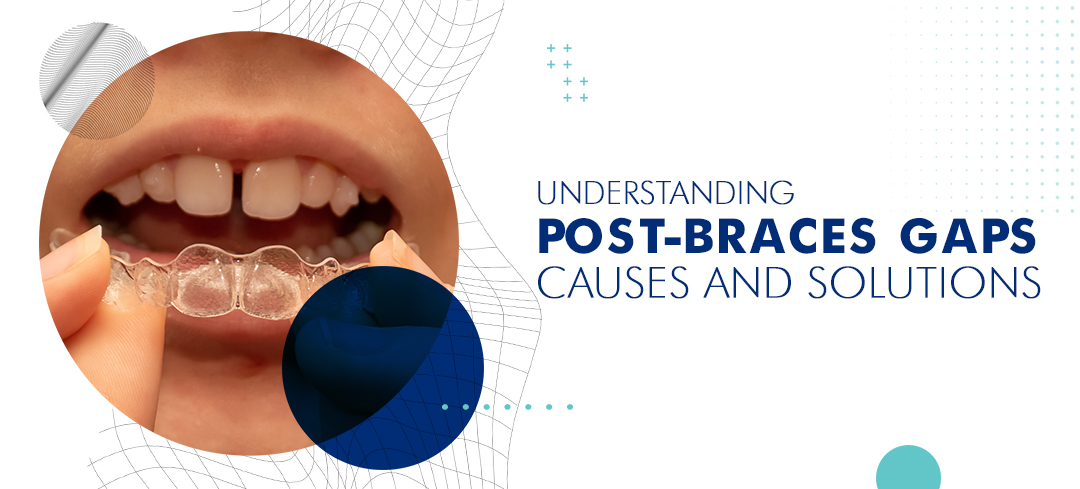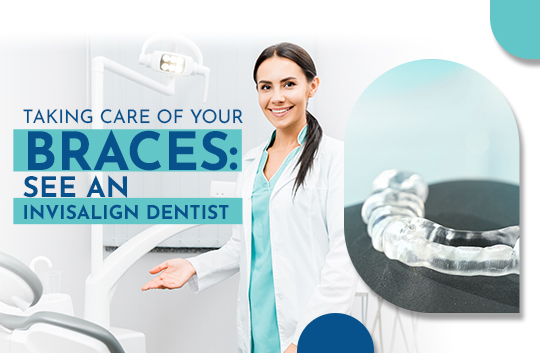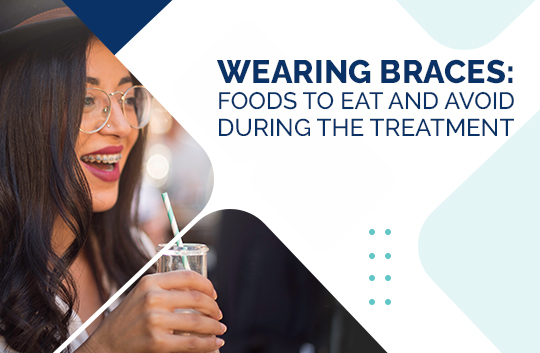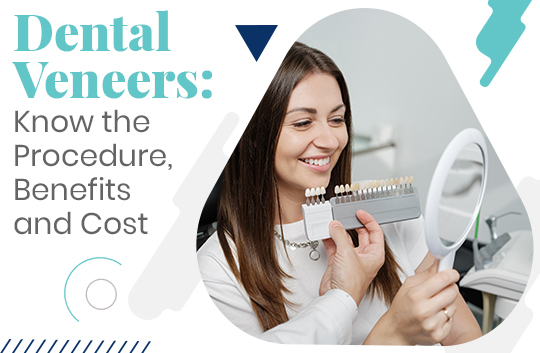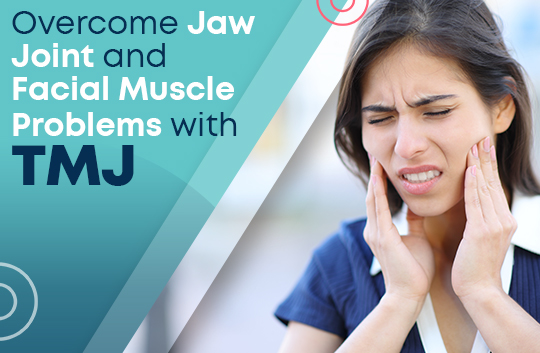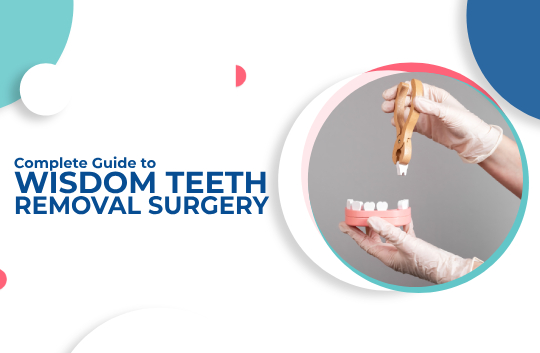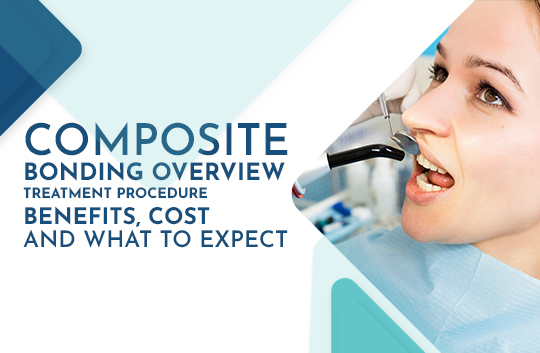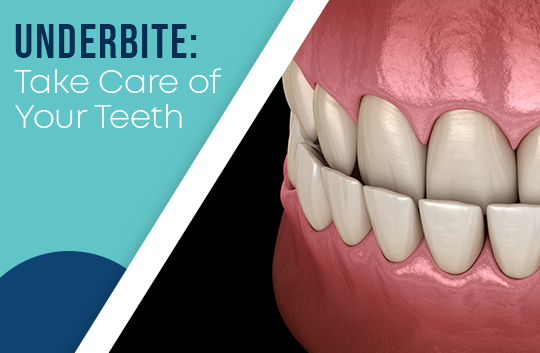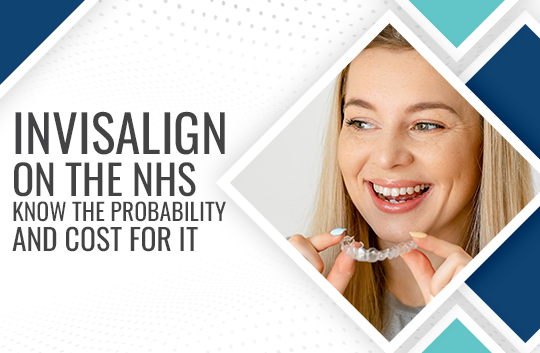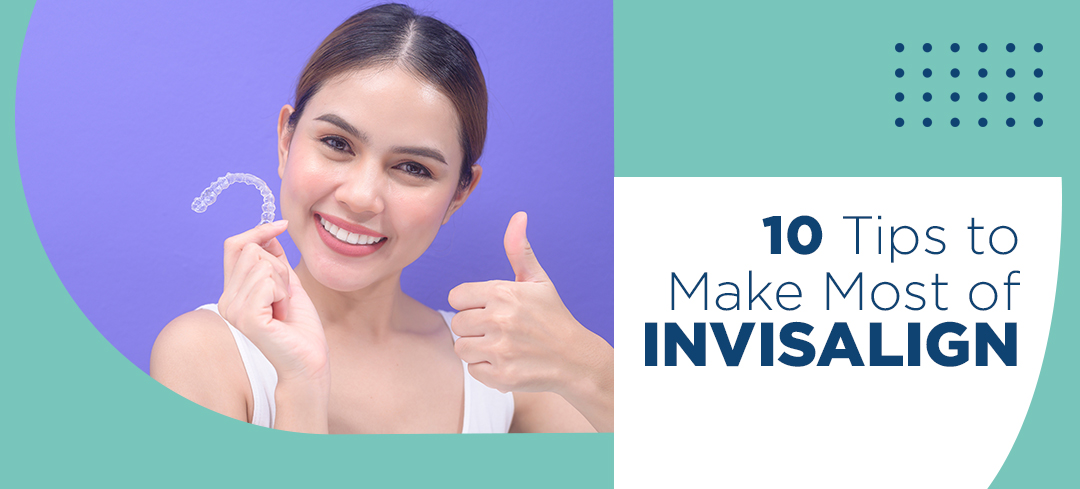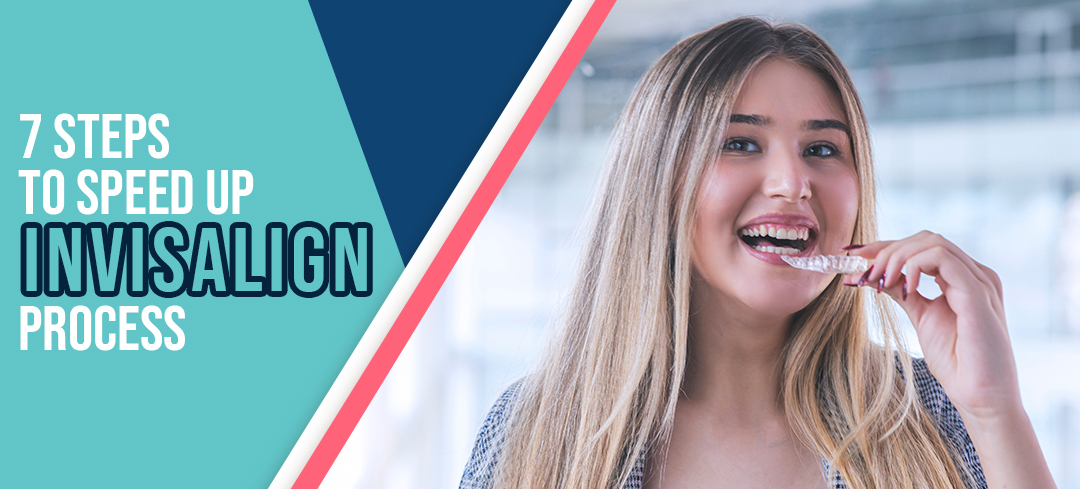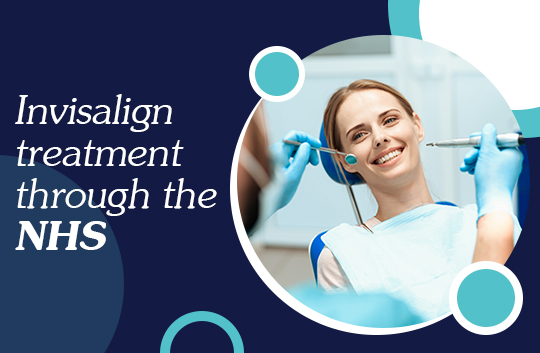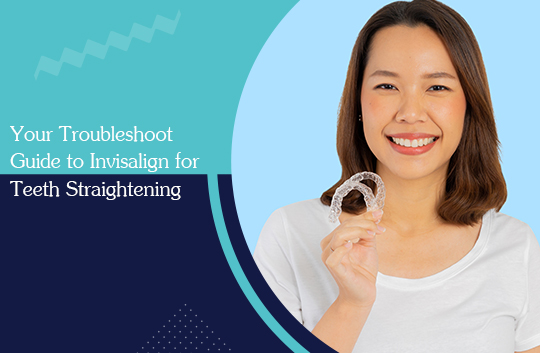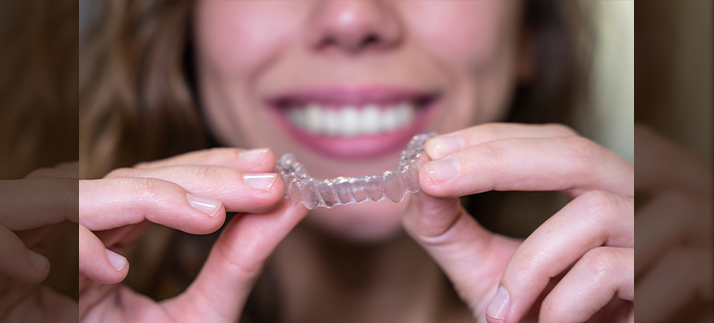
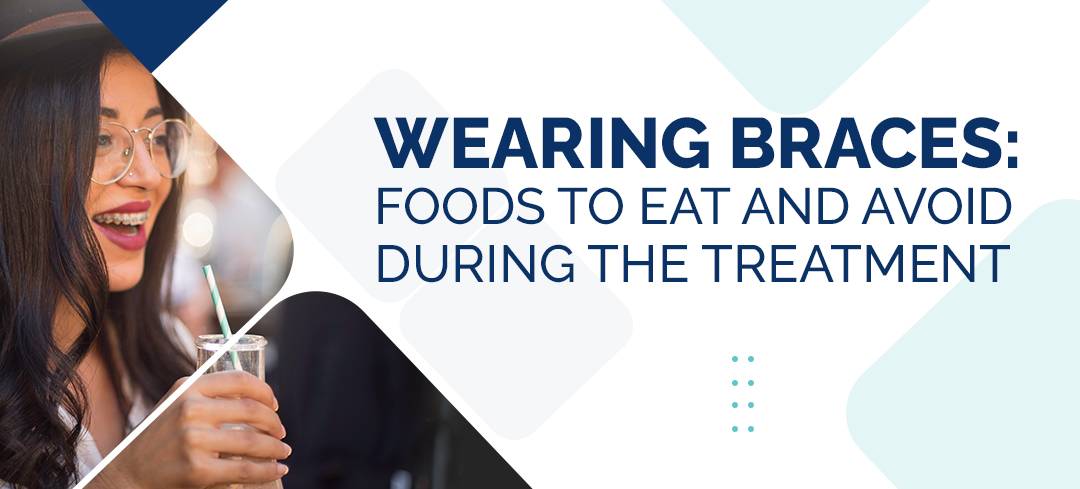
Wearing Braces: Foods to Eat and Avoid during the treatment
If you are planning to get braces or have already decided to improve your smile, then you probably have concerns about what foods to eat and what to avoid. The good news is that there are plenty of braces-friendly foods you can enjoy during orthodontic treatment. Also, there are some foods to avoid. Braces are effective only when you care for them properly, which means you will have to avoid certain foods throughout the treatment process. This can help to attain the best results in the shortest possible time.
How Braces Affect Your Eating
Eating might not be uncomfortable or painful when the mouth heals and adjusts to new braces. However, if you eat the wrong foods with your braces on or do not clean your mouth properly, this can lead to:
- Food getting stuck in the braces
- Stains on the bands, teeth, and components
- Damaged braces, which are not effective and require another trip to the orthodontist
- Chipped, worn, or bent brackets, wires, or rubber bands
- Tooth decay or plaque due to trapped food
What to Eat When You Wear Braces for the First Time
Getting braces won’t hurt, though your mouth may be sensitive in the days following the appointment. Your provider will suggest eating soft foods only for the first few days. Foods to eat after getting your braces include:
- Grains
- Mashed potatoes
- Soft fruits
- Cooked or soft vegetables
- Scrambled eggs
- Seafood
- Soups
- Pasta
- Oatmeal
- Soft cheeses
- Yogurt
- Moist desserts
Teeth sensitivity on getting braces will improve after a few days or one week.
What to Avoid Eating After Getting Braces
There are lots of foods you can eat with braces, but certain foods might not be a good choice immediately after getting braces as they can cause too much sensitivity and irritation to your mouth. Some foods to avoid right after getting braces are:
- Citrus foods
- Ice cream
- Thick pieces of meat
- Spicy foods
- Thick rolls or bread
You can eat these items after your teeth adjust to the braces.
Foods to Avoid With Braces
Your braces are sensitive to damage, so you need to avoid certain foods until you have braces in your mouth. These include hard and sticky foods that can cause damage to bands, wires, or brackets, or cause them to separate from a tooth. Foods you should completely avoid with braces include:
- Chewy candy
- Ice
- Pretzels
- Nuts
- Pizza crust
- Hard crackers
- Bagels and other hard rolls
- Popcorn
- Chips
- Chewing gum
- Hard candy
- Crunchy fruits and vegetables
Also, limit the consumption of sugary foods and drinks with your braces. When sugar combines with saliva, it forms a sticky film that coats the teeth. Brushing may eliminate plaque, but it gets harder to do with braces. If you cannot remove this sticky film, there is a risk of getting tooth decay. So, limit sugary food items and beverages to once a week.
Other Things to Avoid With Braces
Of course, foods are not the only enemy of your braces. Certain habits that might impact your orthodontic treatment while wearing braces are:- Chewing on pencils and pens
- Smoking
- Crunching ice cubes
- Nail-biting
How to Eat With Your Braces
Choosing the right foods is necessary when you are wearing braces. There are steps you can take to keep your mouth safe from damage. Make sure you eat properly and keep braces clean.
- Select the right toothbrush: Use a soft toothbrush to prevent irritation and to reach spaces between the braces. Look for additional features such as a tongue cleaner or gripped handle, which makes brushing easier.
- Brush after meals: Brushing after meals prevents food from remaining on your teeth for a long time. Make sure you brush twice a day and rinse your mouth thoroughly with mouthwash.
- Floss daily: Flossing helps to reach areas where the toothbrush may miss. This makes it easier to remove food stuck between the brackets. Make sure you floss properly and avoid hurting your gums or dislodging the brackets.
- Conduct routine checkups: Routine dental checkups with the dentist will ensure your teeth are cleaned properly and identify possible issues that require attention. Your dental checkups should include scheduled trips to the orthodontist to tighten and adjust braces as required.
- Healthy nutrition: Focus on selecting a healthy diet with braces-friendly foods. Some items like raw vegetables and tough proteins will be restricted for some time until your braces treatment is completed. Take a nutritious and healthy diet so you have the energy needed to get through the day.
- Find alternatives for your favorite foods: Wearing braces can be challenging. Understand that you won’t have braces forever, and they are necessary to ensure straighter teeth and a confident smile. Look for delicious substitutes rather than eating your favorite foods. For example, choose fruity ice cream over soft chicken nuggets, gummy candy, and natural fruit juice over soft drinks.
What to do if Braces Get Damaged
Fortunately, most damage to braces is an easy fix for the orthodontist. Various steps can be taken to decrease the impact on your mouth:
- Identify the signs: You will recognize when there is something wrong with the braces. Look for common signs of damage, such as protruding or bending wires, extreme pain, loose brackets, and inspect the area thoroughly when required.
- Eat soft foods: Return to a soft foods diet when braces are damaged. Re-introduce normal foods after you see your orthodontist and the repairs are done.
- Use dental wax: Use dental wax for shifting brackets and wires until you see an orthodontist for a permanent solution.
- Collect loose parts: Gather loose parts like a dislodged bracket and keep them safely in a bag before seeing your provider. In some cases, it is possible to repair and reuse those parts rather than ordering new ones.
- Wear a mouthguard: The mouthguard should be safe for use with braces, and your dentist will suggest one if you do not know where to start.
- Sharp wires: Sharp wires can cause irritation to your cheeks and gums and can be the reason for minor scratching. You might use a nail trimmer to cut the ends and tweezers to bend or rotate wires gently away from sensitive tissue. This is usually done with the help of an orthodontist and should not be attempted without proper instruction.
- Clean any wounds: If brackets or wires have caused blisters, tears, or cuts, then you need to clean the wound several times a day. Rinse to eliminate bacteria or mix warm salt water to gargle when you feel pain.
- Visit an orthodontist: Do not try to re-glue brackets or replace bands at home. The sooner you fix an appointment for fixing the braces, the easier they will be on the right track for your healthy smile.
How to Maintain Oral Health with Braces
Maintaining good dental hygiene habits with your braces is one way to avoid further damage. You need to brush your teeth twice daily with a soft-bristled toothbrush. Pay more attention to the space around braces and get rid of small food particles from the mouth. Flossing can clean between the teeth and eliminate food particles between wires and braces.
It is important to visit an orthodontist even though the dentist conducts routine cleanings and mouth checkups. Dental cleanings are necessary to get rid of the buildup of plaque, contributing to gum disease and mouth cavities.
The appointment with an orthodontist ensures your braces are fitted properly. Your dentist may suggest using a fluoride mouthwash to strengthen teeth and lessen the risk of tooth decay.
Learning different chewing methods may prevent further damage to your braces. Rather than chewing food with the front teeth, it might be easier to chew properly with your back teeth. This can prevent any damage to your braces.
Cost of Braces
Our providers will straighten your teeth with virtually invisible braces. The pricing starts from £2450 and you can undergo the treatment at our clinic in a comfortable environment.
Getting braces can help to improve your teeth and confidence level. But if you eat the wrong foods and do not maintain good dental hygiene, there is a risk of damaging your braces and teeth. Your dentist will discuss what foods to eat and what you can’t eat with braces so that you can maintain good dental health. Damaging braces could prolong your treatment, meaning you will have to wear them for a longer period.
 70 Great Russell St, Holborn, London WC1B 3BN, UK
70 Great Russell St, Holborn, London WC1B 3BN, UK



